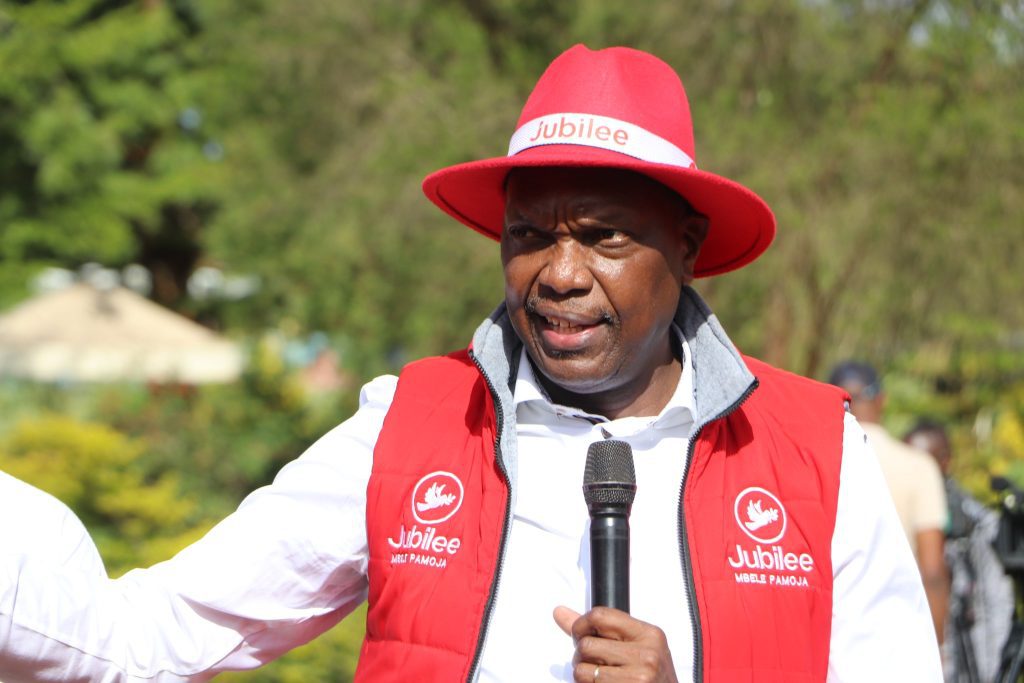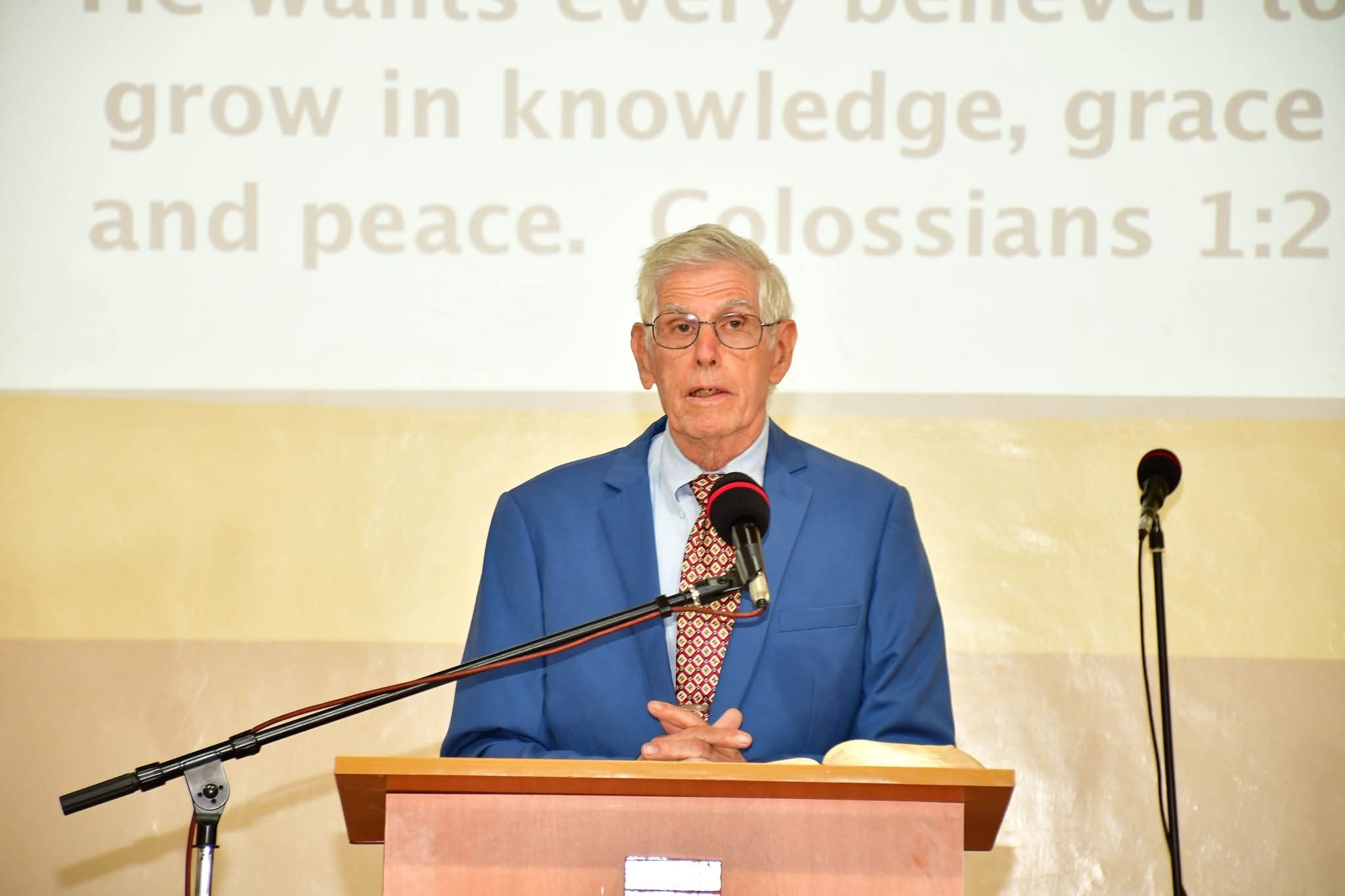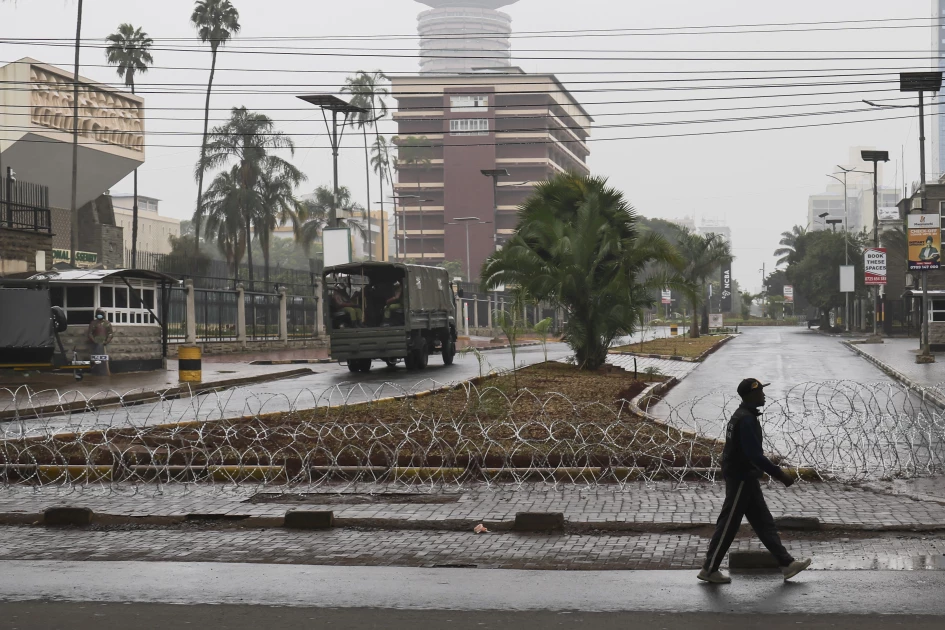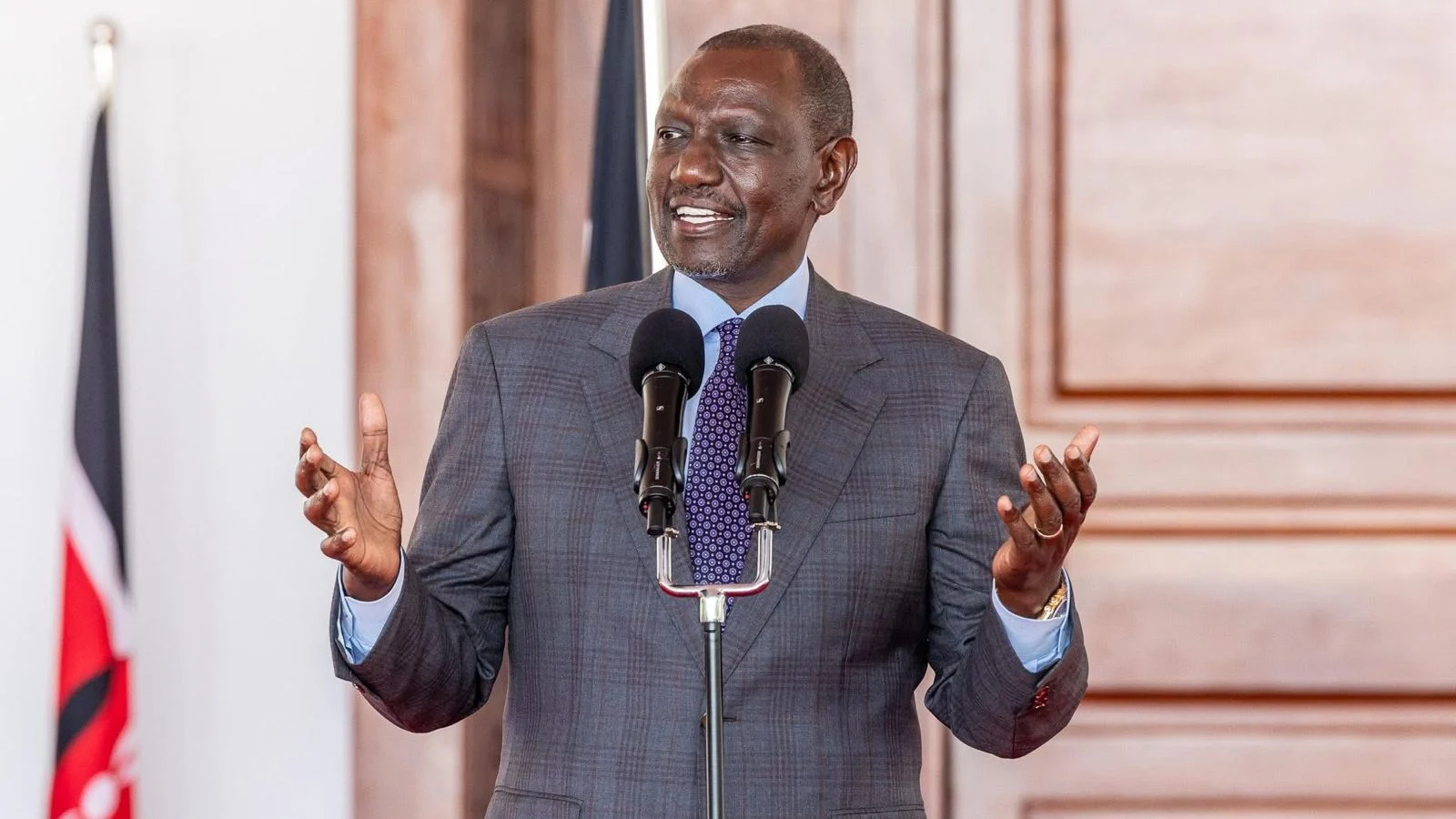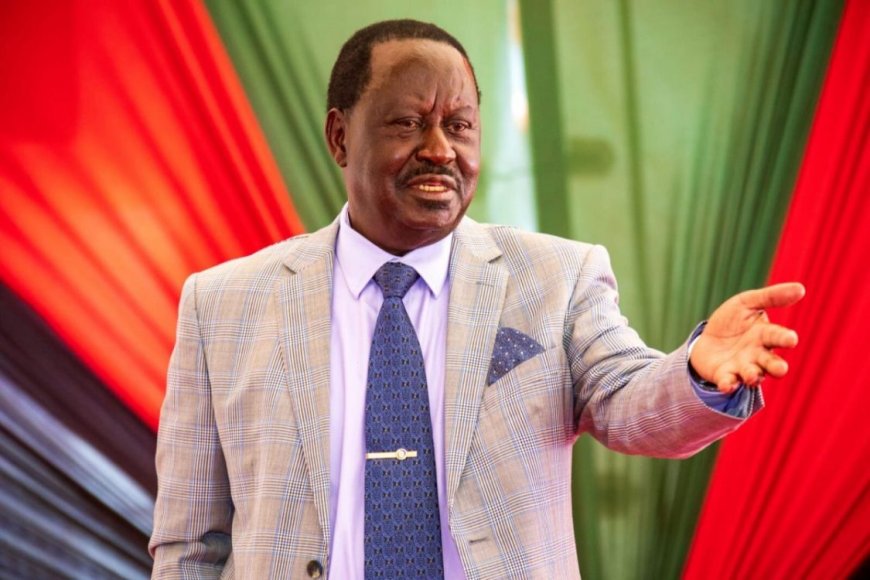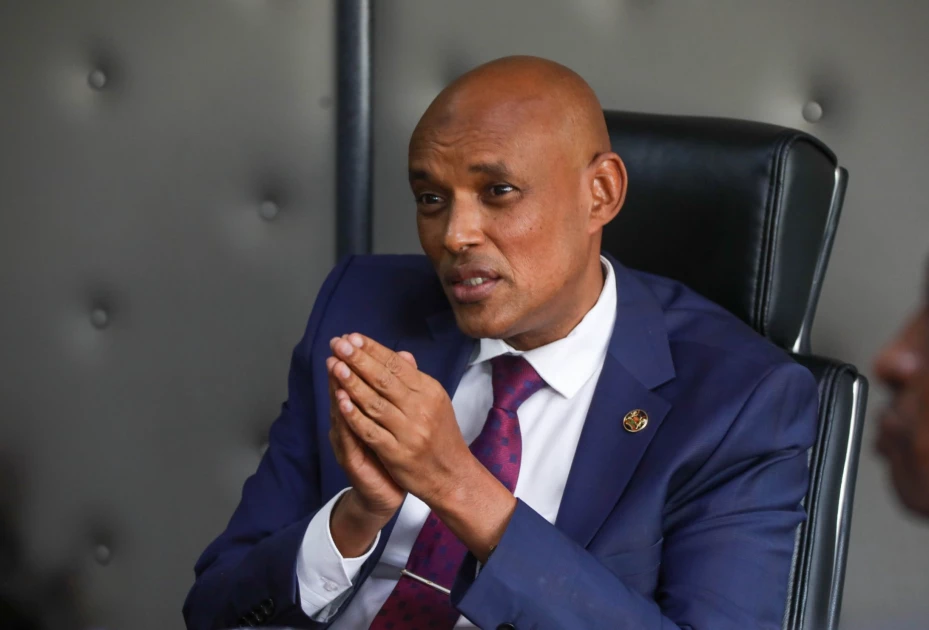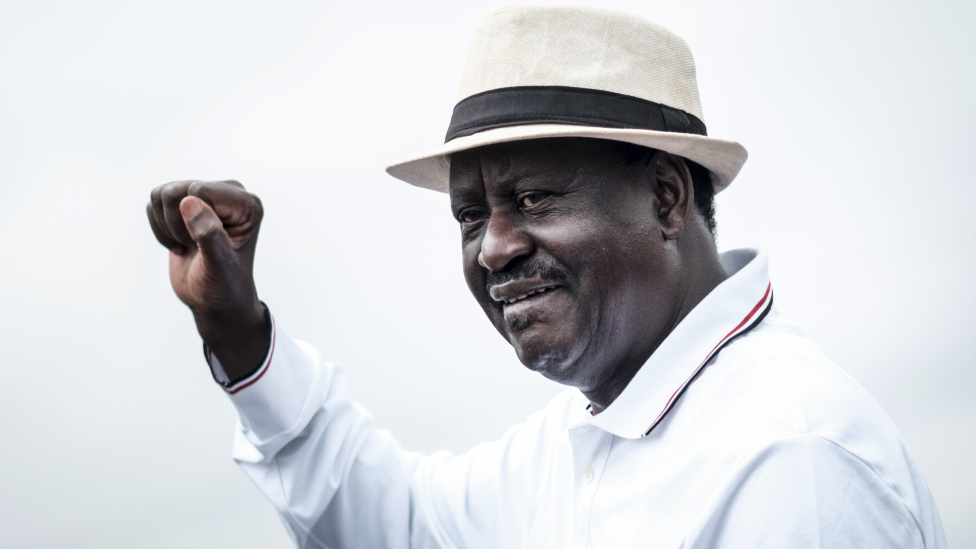Kioni Claims Ruto Regime More Fearful Than Moi’s: “They Send Goons, Not Police”
Jubilee Secretary-General Jeremiah Kioni has likened President Ruto’s administration to a more paranoid and fearful version of Moi’s regime. He criticized the use of unidentified thugs during protests, claiming it reflects deep government insecurity. Kioni urged Kenyans to resist the erosion of constitutional freedoms through unity and continued demonstrations.
🔴LIVE: SABA SABA | JUBILEE’S JEREMIAH KIONI SPEAKS🔴LIVE: SABA SABA | JUBILEE’S JEREMIAH KIONI SPEAKS
Posted by Lightcast TV Kenya on Monday, July 7, 2025
Jubilee Party Secretary-General Jeremiah Kioni has launched a scathing attack on President William Ruto’s government, accusing it of exhibiting more fear and desperation than the infamous regime of the late President Daniel toroitich Arap Moi. Speaking on July 7, 2025, during the Saba Saba commemorations, Kioni expressed grave concern over the governments increasingly aggressive and unstructured approach to handling public protests.
According to Kioni, the streets of Kenya have recently been flooded not just by security forces, but by shadowy individuals—allegedly government-hired goons—who are deployed to intimidate and assault peaceful demonstrators happening. He stressed that even during the height of Moi’s dictatorship, the state relied on police units with identifiable chains of command, unlike the present administration that allegedly hides behind faceless violence.
He described the involvement of these unidentified enforcers as a deliberate tactic to instill fear in the public and silence dissent without accountability. In Kioni’s words, “At least in Moi’s time, we knew we were dealing with police. Today, they are unleashing hired thugs to beat our children. That is a government that is afraid of its people.” His comments painted a picture of a regime in panic, choosing unlawful street violence over legal enforcement procedures.
Kioni did not shy away from criticizing the erosion of civil liberties, asserting that the constitution—especially the right to peaceful protest—was under direct attack. He accused the Kenya Kwanza administration of systematically dismantling freedoms that had been earned through decades of blood, sweat, and sacrifices made. These actions, he said, were reminiscent of Kenya’s dark past under one-party rule.
He emphasized that the Saba Saba protests were not random acts of rebellion, but part of a broader historical struggle for democracy and justice. He aligned the Jubilee Party with the demonstrators, calling them the new generation of freedom fighters continuing the legacy of democratic icons such as Charles Rubia and Kenneth Matiba. He noted that just as these leaders resisted oppression in the past, today’s youth are rising to confront a modern form of political repression.
In a strongly worded statement released by the Jubilee Party, Kioni reflected on the brutal legacy of the KANU regime, which used arbitrary detention, torture, and lethal force to silence opposition. He warned that such tactics are resurfacing under the current administration, albeit more covertly, through the use of unofficial enforcers and suppression of protest.
The Secretary-General lamented that despite the protections offered by the 2010 Constitution, the government has opted to disregard legal frameworks and instead weaponize fear against its own citizens. He stated that leaders who swore to uphold the constitution are now actively working to dismantle it.
Kioni concluded with a rallying call to all Kenyans to resist the culture of fear and impunity. He urged citizens to unite, protest peacefully, and demand that the government be held accountable to the principles of justice, democracy, and human dignity. The fight, he said, is not just political—it is a moral obligation to protect the soul of the nation.


